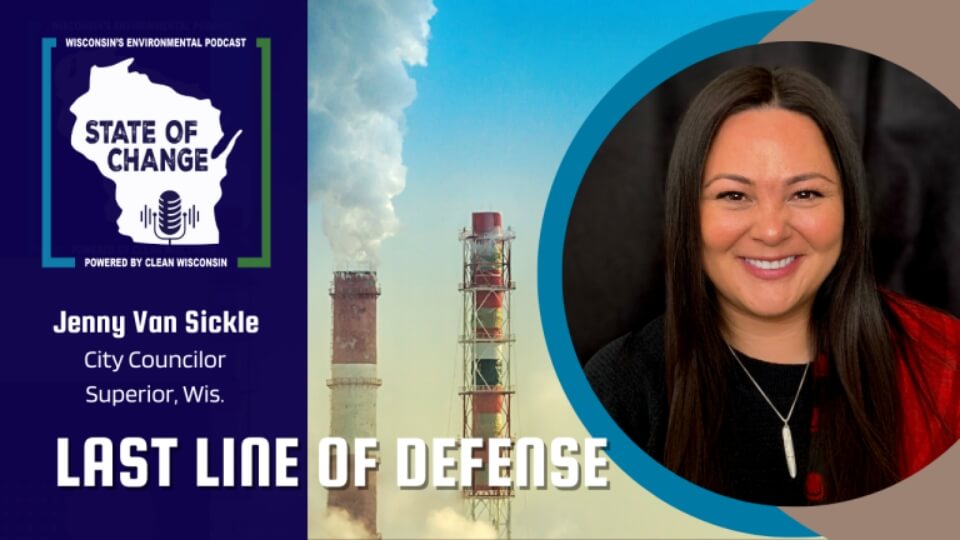
Last Line of Defense: Battle Over Wisconsin Gas Plant Intensifies
January 23, 2024
"We're the last line of defense to protect our, our, our sacred spaces, our water, our air."…
Read More
Senate Republicans vote to remove clean energy champion from the Public Service Commission
January 16, 2024
Today the Wisconsin Senate voted down Tyler Huebner’s appointment to the Public Service Commission, nearly four years after he began serving in the role.…
Read More
Wisconsin is falling behind in EV infrastructure investment
January 4, 2024
What increasing funding for charging stations could mean for our environment, health, and economy.…
Read More
A Toast to 1939
December 20, 2023
1939 — It’s the year researchers at the University of Wisconsin developed a hearty red corn that could tolerate Wisconsin winters and feed…
Read More
Gov. Evers Pushes Legislature for Action on Toxic PFAS Chemicals
December 19, 2023
Statement from Clean Wisconsin Water and Agriculture Program Director Sara Walling about the Governor’s actions on PFAS today: “Communities across Wisconsin are dealing…
Read More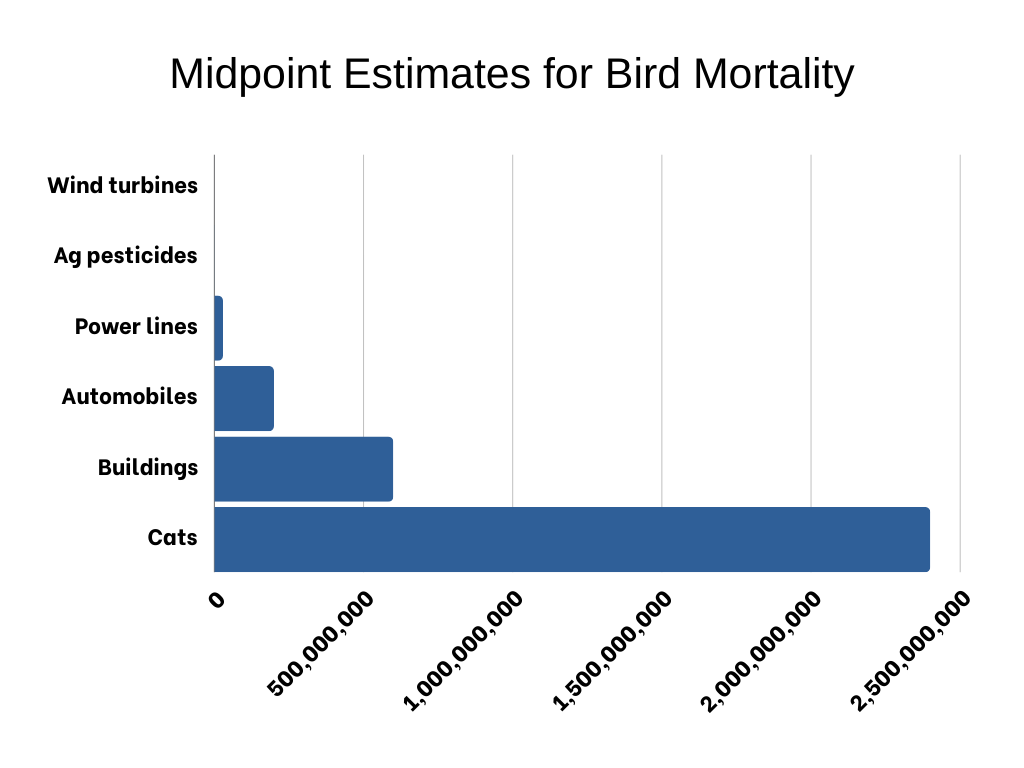
Under the Lens: Mitigating bird and bat mortality at wind farms
December 19, 2023
Comparing the impact of wind turbines with other contributors to contributors to bird and bat mortality One of the main environmental concerns associated…
Read More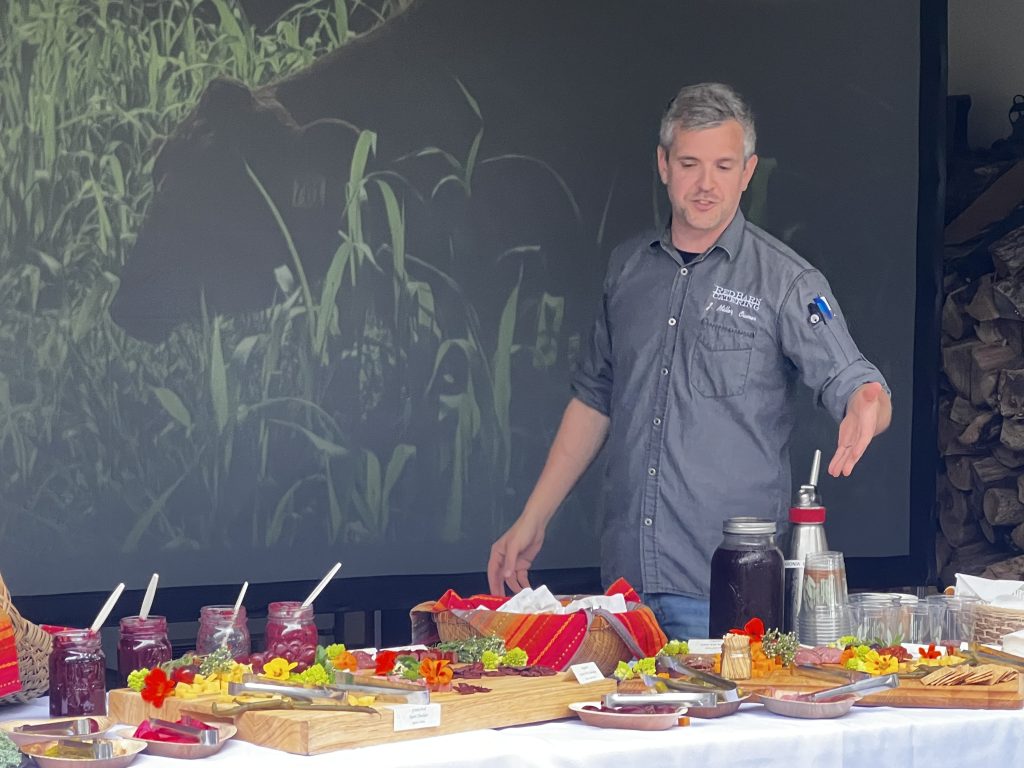
Farm Bill 101
December 19, 2023
You may have heard Willie Nelson reference the term "Farm Bill" at one of his many Farm Aid concerts, but what does it actually entail?…
Read More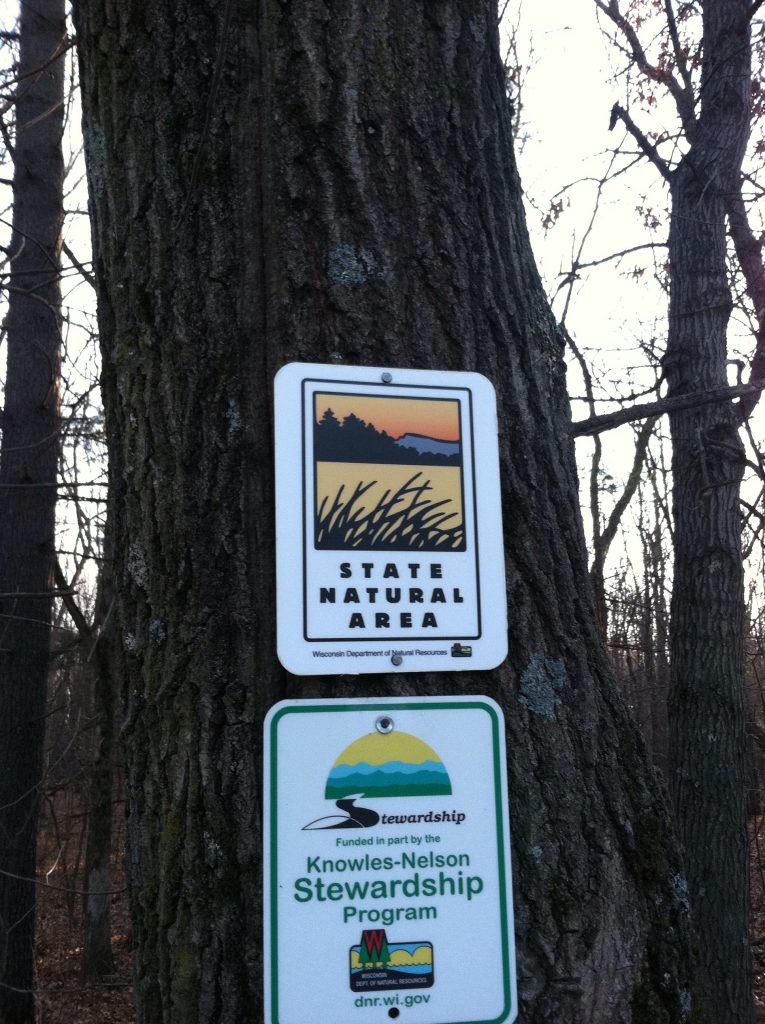
Gov. Evers separation of powers lawsuit argues overreach of legislative committees
December 19, 2023
Who gets to decide? That is the question raised by a lawsuit Governor Evers filed directly in the Wisconsin Supreme Court on October 31, 2023.…
Read More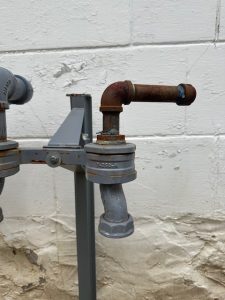
No more gas meter!
December 19, 2023
Can you imagine getting through a Wisconsin winter with no gas heating? The Madison Meeting of the Religious Society of Friends doesn’t have…
Read More
Both / And
December 19, 2023
Some legacy environmental orgs are shifting toward work on climate change at the expense of fighting toxic pollution, but it's essential to address both.…
Read MoreCategories
Latest Articles